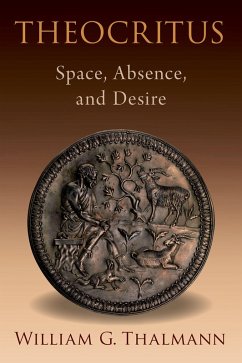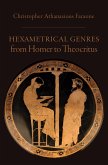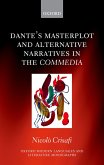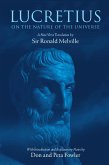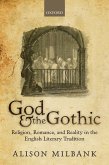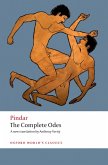Theocritus: Space, Absence, and Desire discusses many of Theocritus's
Idylls with emphasis on how these poems construct space--its contours and borders, along with the people, animals, and objects that fill it--and the equally important role of absence. Drawing on spatial theory from anthropology and cultural geography, author William G. Thalmann studies each poem in itself and in its connections with other poems, so that a loose coherence emerges among them. Spatially, the Ptolemaic empire provides a setting and reference point for the various types of
Idylls (bucolic, urban, mythological, and encomiastic poems), in ways that help legitimate it. In all the idylls, however, space is constructed selectively from particular perspectives, so that it reflects and shapes people's relations with each other and humans' relations with nature. The bucolic
Idylls in particular raise questions about being in and out of place and relations between self and other that would have been important under the conditions of mobility and intercultural contact in the early Hellenistic period. Yet theirs is a fictional world, defined more by its margins than by its center, and visions of fullness and presence of nature are always distanced from the reader. Absence is constitutive of this world, just as absence of the beloved is the precondition for the desire of bucolic characters and prompts their singing. Their desire mirrors the desire of readers for the absent bucolic world that the poems arouse and that keeps them reading.
Dieser Download kann aus rechtlichen Gründen nur mit Rechnungsadresse in A, B, BG, CY, CZ, D, DK, EW, E, FIN, F, GR, HR, H, IRL, I, LT, L, LR, M, NL, PL, P, R, S, SLO, SK ausgeliefert werden.

